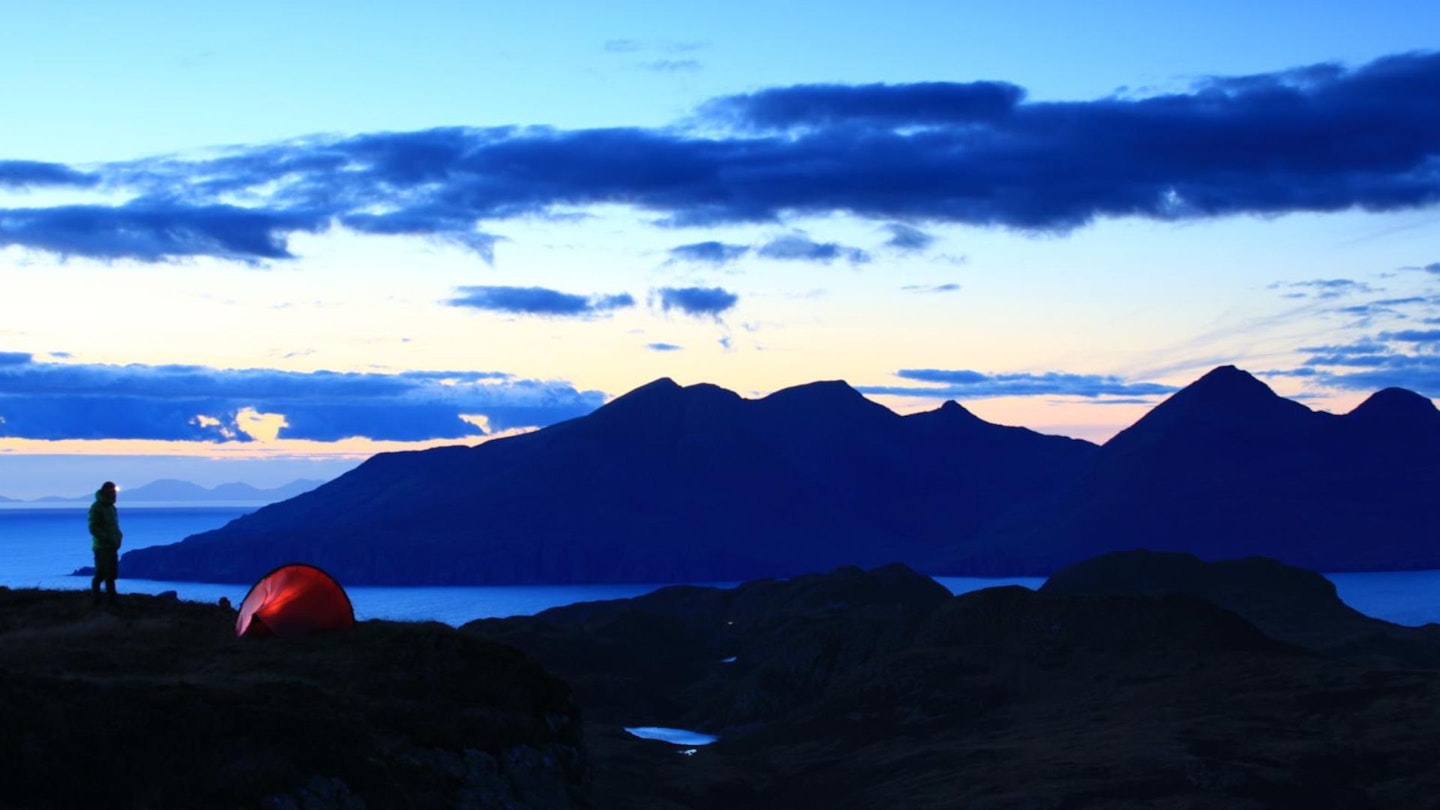International Mountain Day is observed annually every December 11th, providing a global platform to highlight the importance of mountains in our lives. And if you've landed on this website, we know there's a good chance mountains already mean a lot to you.
As well as offering a great opportunity for hikers, backpackers, and trail runners to get out and explore high places, mountains also play a crucial role in shaping the world around us. They have huge environmental significance, often shape the cultural heritage of the regions they're located in, and are home to 15% of the global population and around 50% of the world's biodiversity hotspots.
In 2003 the United Nations General Assembly designated that December 11th would officially be recognised as International Mountain Day each year, encouraging the international community to organise events highlighting the importance of 'sustainable mountain development'.
The theme of International Mountain Day 2023 is 'restoring mountain ecosystems'. Below we take a look at what makes those mountain ecosystems so important, why they're under threat, and what we can all do to help.
Natural wonders
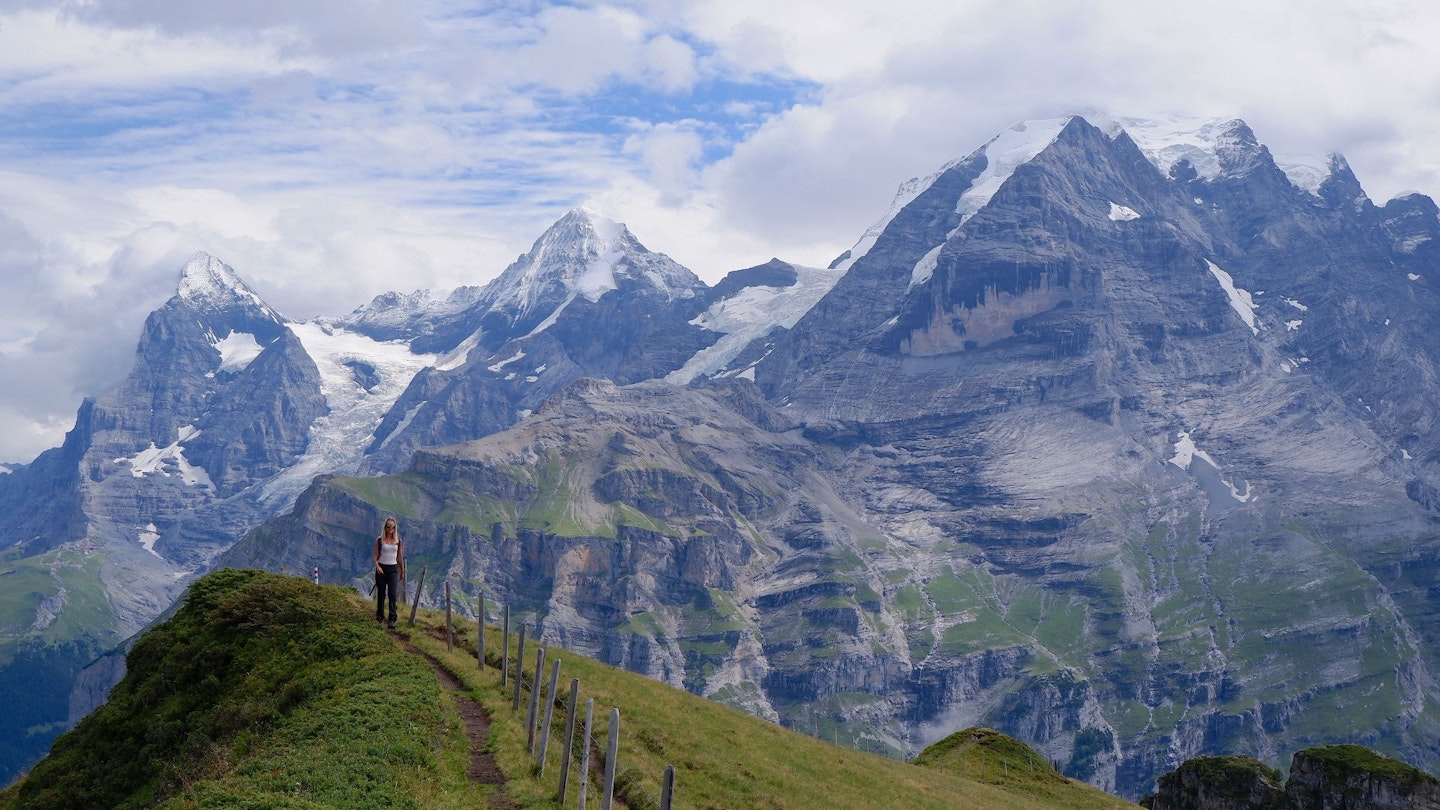
Mountains have been referred to as the 'water towers of the world'. Their upper slopes capture moisture from the atmosphere, contributing to the formation of rivers and streams that sustain life downstream. According to the UN website, mountains 'provide freshwater for everyday life to half of humanity, helping to sustain agriculture and supply clean energy and medicines.'
As a result, the biodiversity found in mountain ecosystems is unparalleled, with unique flora and fauna which has adapted to the challenging high-altitude environments. But there are issues too. As the global climate continues to warm, glaciers melt affecting freshwater supplies downstream. This has a huge impact on the communities that rely on those mountains, which are often some of the world’s poorest.
Protecting these ecosystems is essential for maintaining global biodiversity and ensuring a sustainable future.
Cultural richness and heritage
Beyond their environmental contributions, mountains also hold immense cultural significance for millions of people around the globe, plus the wider communities they live in. Many societies have deep-rooted connections with their local peaks, considering them sacred and associating them with mythical stories and local legends.
International Mountain Day, therefore, is an opportunity to celebrate and preserve the diverse cultural heritage tied to mountains, ranging from traditional practices to folklore that has been passed down through generations.
Challenges facing mountain communities
Despite the crucial role they play, mountain ecosystems also face numerous challenges, including climate change, deforestation, and overexploitation by humans. These issues not only threaten the biodiversity of mountain regions, but also impact the livelihoods of the many communities that rely on them for agriculture, tourism, and much more.
International Mountain Day serves as a reminder for people all over the world to address these challenges, and that we all need to work towards sustainable solutions to protect our mountain environments.
Promoting responsible tourism
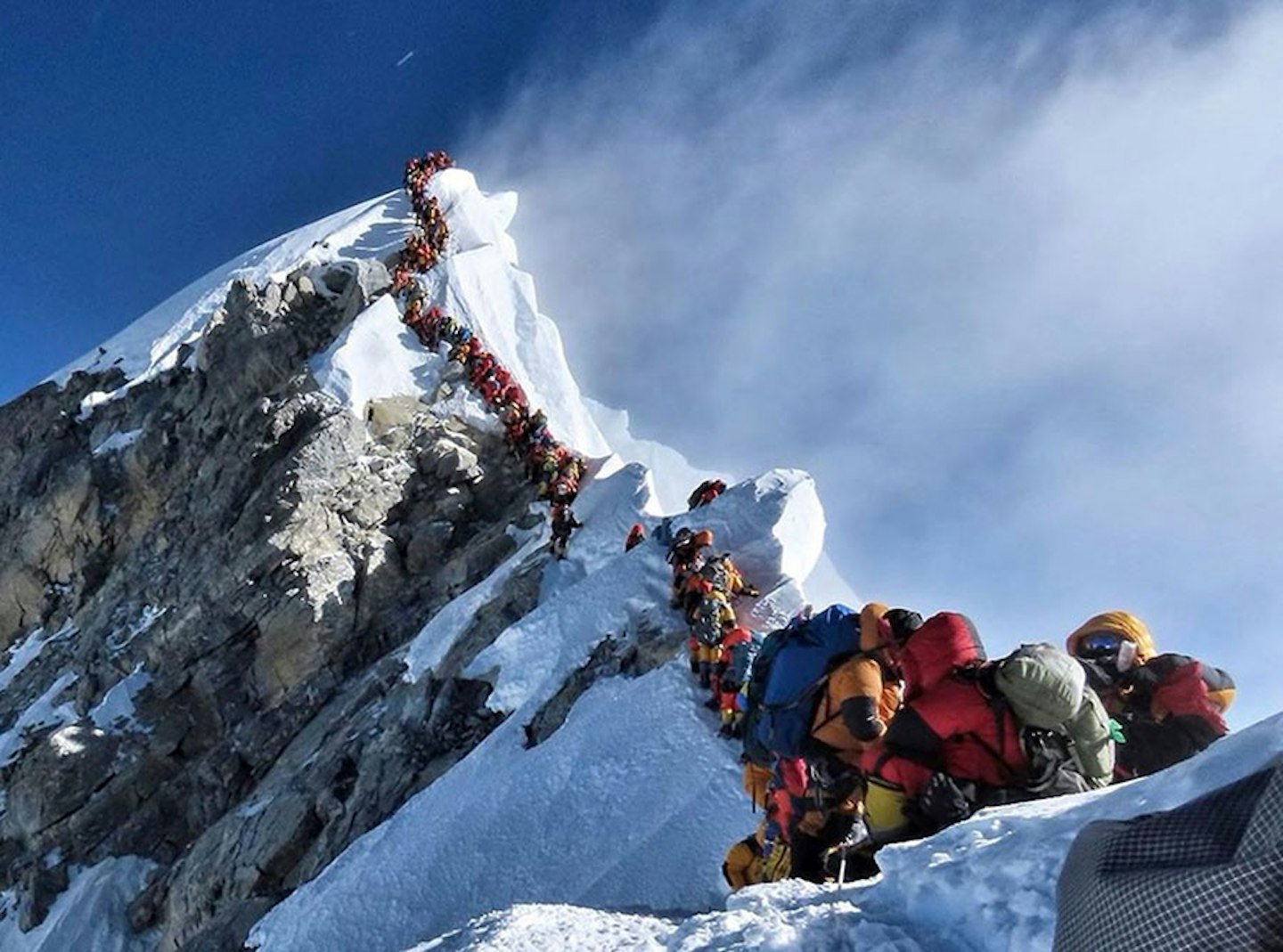
Tourism in mountainous regions can be a double-edged sword. While it brings economic opportunities, it also poses risks to the fragile ecosystems.
Just look at the recent controversies on Everest, with litter and even dead bodies strewn across the world's highest mountain, plus long and dangerous queues forming around key bottleneck points on the main routes to the summit. Raising ever more questions about the controversial practice of commercial guiding on the world's highest peaks.
Sustainable and responsible tourism practices are vital to ensure visitors and adventure-seekers can enjoy the beauty of mountains without causing harm. On International Mountain Day, advocates often promote eco-friendly tourism initiatives and raise awareness about the importance of respecting local environments and culture.
Educating the next generation
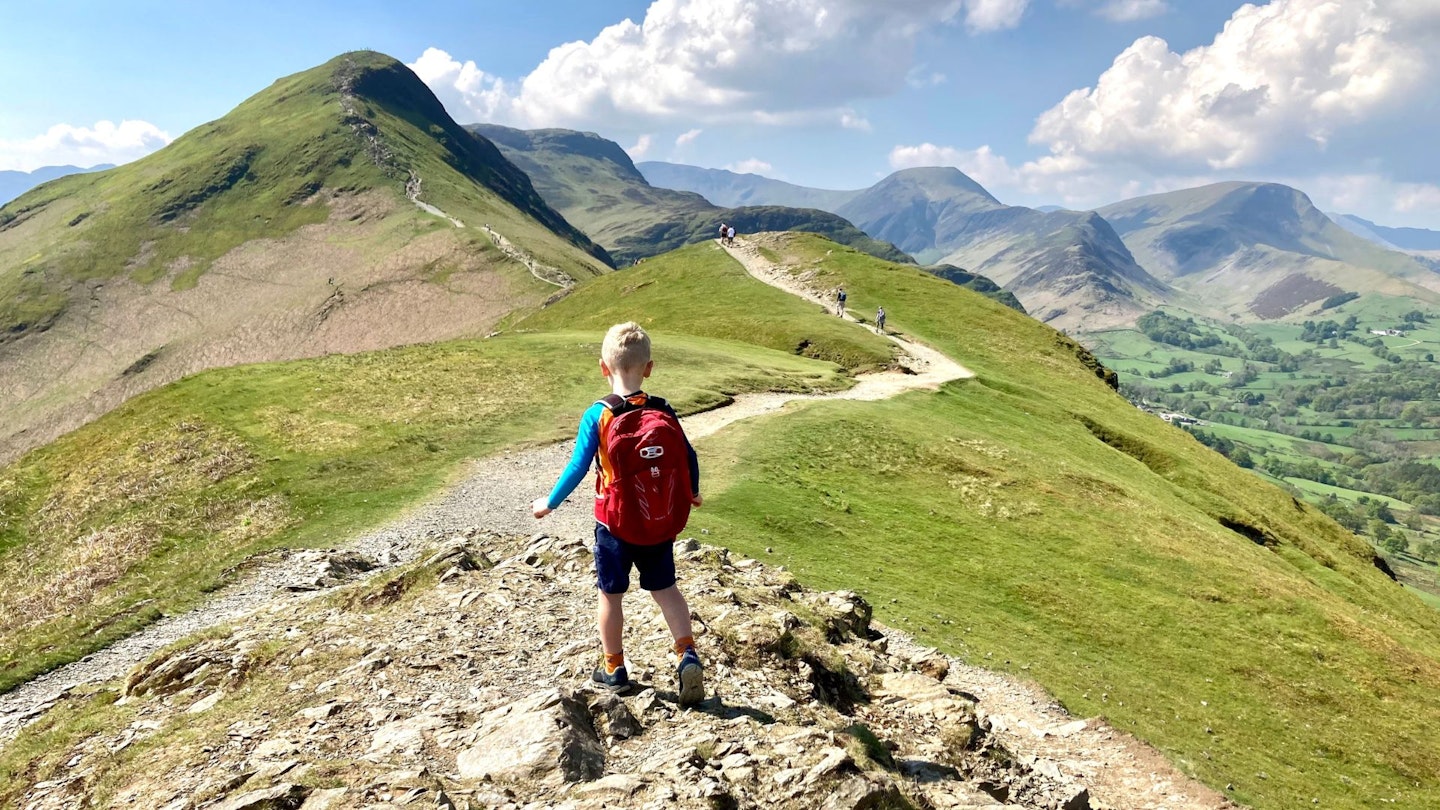
Education is a powerful tool for promoting mountain conservation, and International Mountain Day provides an ideal platform to launch educational initiatives aimed at raising awareness about the value of mountains and the need for their protection.
Schools, universities, and environmental organisations are encouraged to collaborate on International Mountain Day by organising events, workshops, and awareness campaigns to inform people about the significance of mountains in our lives.
How do people celebrate International Mountain Day?
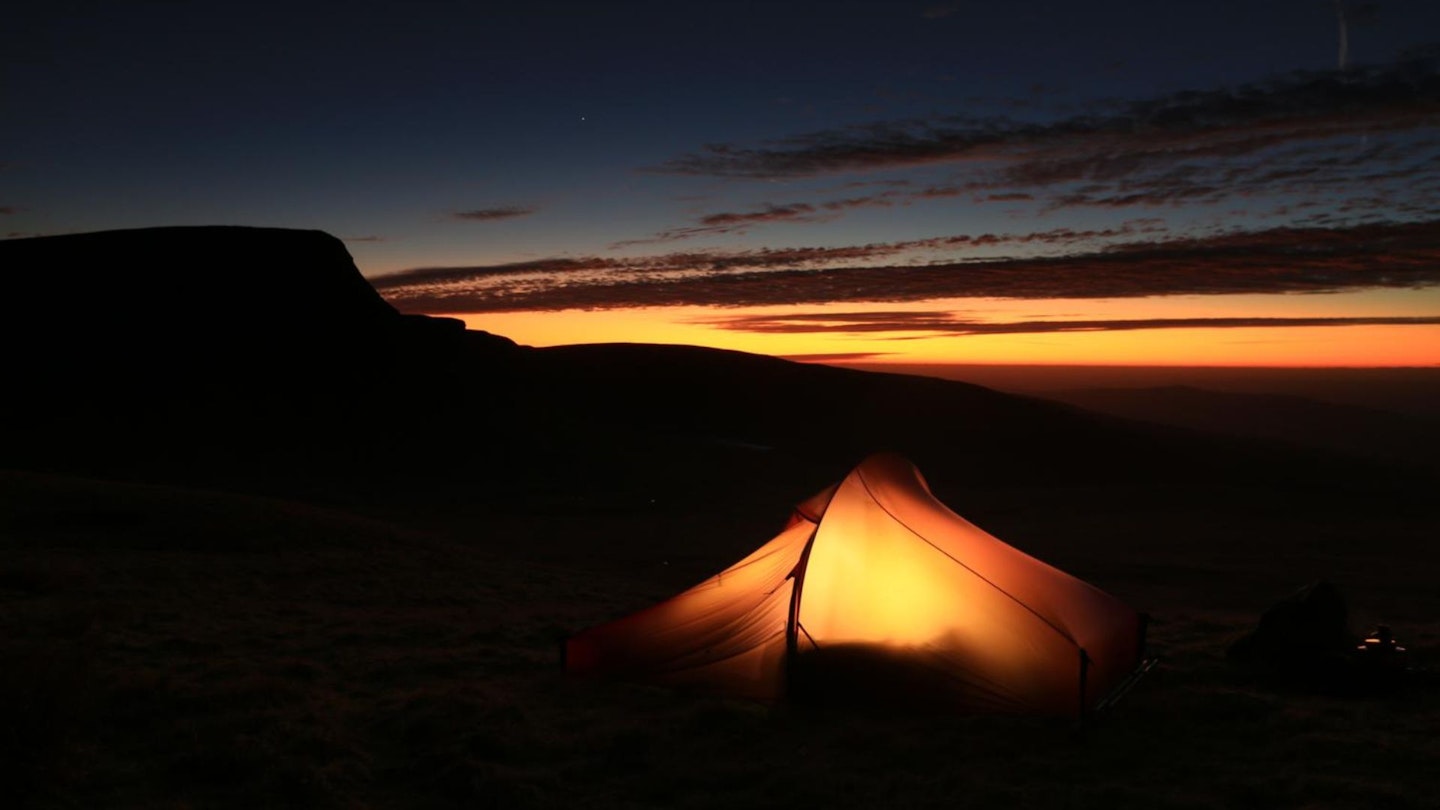
There is no official way to celebrate International Mountain Day, with many people around the world simply planning trips to the mountains to walk, hike, climb, run, camp, and explore the peaks they love. See our routes section for inspiration for your next mountain trip.
For many others, it's simply an opportunity to reflect on the vital role that mountains play in our world. From environmental stability to cultural richness, these spectacular and dramatic landscapes are an integral part of our planet.
By promoting awareness, supporting sustainable practices, and embracing technological advancements, we can work together to ensure their preservation for future generations. Happy International Mountain Day!
